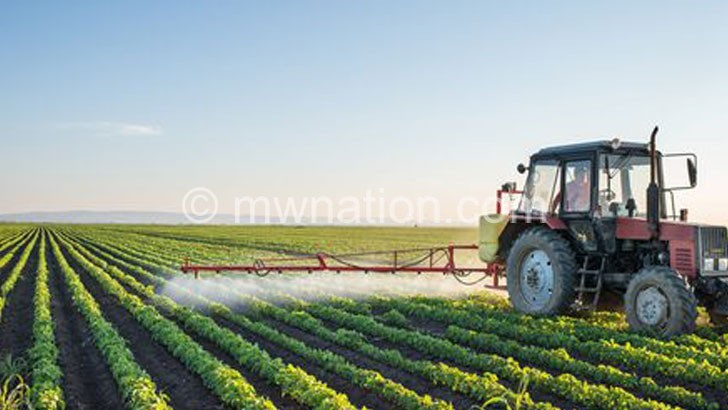K22bn project outcome impresses world bank
The World Bank has rated Malawi highly in the implementation of the $30 million (about K22 billion) six-year Agriculture Productivity Programme for Southern Africa (Appsa).
The programme, involving Malawi, Zambia and Mozambique, seeks to increase the development of agricultural technologies for improved crop production for sustainable food security.
Under the Appsa programme, each of the three countries get $30 million (K22 billion) from the Bretton Wood institution, and in Malawi, the money benefits research stations such as Chitedze in Lilongwe, Kasinthula in Chikwawa and Bvumbwe in Thyolo in terms of infrastructure and laboratory crop technology development support.

Speaking in Lilongwe on Monday at the start of the programme review meeting convened by the World Bank Implementation Support Mission, World Bank senior agriculture economist Blessings Botha said Malawi has made tremendous progress since 2013 as evidenced by the development of several agricultural technologies for increased farmer production.
He said: “From the World Bank perspective, we are happy to be associated with the Appsa. So far, we have released many technologies, and 21 of them were approved by the Agricultural Technology Clearing Committee and are available for use by farmers. So, these are the technologies that have potential to transform the agricultural sector to increase productivity.
“The project has also supported infrastructure for the key agriculture research stations in terms of the construction and rehabilitation of laboratories.”
Ministry of Agriculture, Irrigation and Water Development director of agricultural research services Wilson Makumba said depreciation of the kwacha since 2013 has been a challenge on the programme’s budget, adding that, so far, 148 activities have been implemented.
He said the technologies have been designed to respond to climate change.
”The challenges are there with regard to the budget because the initial financing was giving us a lot of infrastructure, but by and large because of the loss of value of the currency, you will find that quite a number of projects that we had planned have not been implemented,” he said.
Makumba said another challenge has been on farmer technology, adding that they planned that each project should only last three years after which the technology should be developed and passed on to the farmers.
“We have been facing drought which of course had an impact on the time that we have taken for the technology to be developed and passed on to farmers,” he said.
On her part, Appsa programme coordinator Monica Murata said Malawi has set a good example by using lead farmers to implement the approved technologies which will create multiplier effects to farmers and giving them a basket of choices on what technologies to use on their farms.





